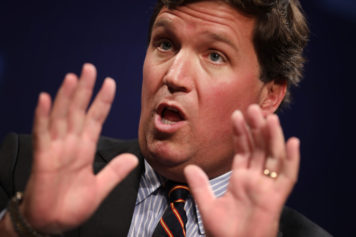JOHANNESBURG—Amid fresh strikes and labor violence, South African union leaders are making the case that government ownership of mines would help narrow the country’s income gap.
As companies and unions head into another round of labor talks, the revived debate could pose a threat to a pillar of the South African economy, two decades after Nelson Mandela ruled out nationalization,
Mining firms are scaling back output and planning to reduce staff, as labor unrest compounds the problems they face from slowing demand and rising costs. Unions have responded by threatening more strikes and calling for the government to take over mines.
On Wednesday, about 37,000 workers at Lonmin PLC’s Marikana platinum mine held the second day of a wildcat strike, but by evening union leaders said workers had agreed to return while talks continued.
Last year’s bloodshed over demands for higher wages began at Marikana after police fired into a crowd of protesters, killing 34 people, and then spread to other mines.
Lonmin says the strike is caused by rivalry among unions, and highlights how combustible the mining sector remains.
The National Union of Mineworkers threatened Wednesday to go on strike at Anglo American Platinum Ltd. if the company goes ahead with a plan to reduce capacity and dismiss 6,000 workers.
“Mass retrenchments like this show we have a point about nationalization,” says Patrick Craven, a spokesman for the Congress of South African Trade Unions (Casatu), the country’s biggest labor group, which is aligned with the ruling African National Congress. “Our main role will be to keep that debate about nationalization alive and make sure it’s never off the table.”
In 1992, Mandela—then a former political prisoner, returning from a trip to Switzerland to hobnob with the global business elite—came to the opposite conclusion. The soon-to-be president argued that a democratic South Africa needed investment to rev up growth, and that nationalization would deter it. The decision shocked fellow freedom fighters and delighted South Africa’s white establishment.
Investment surged as a result: From 1989, the year before Mandela’s release from prison, through 1994, when he was elected president, foreign direct investment in mining climbed a total of 68 percent.
The current government has ruled out nationalization for now, but the country’s powerful unions are working to keep the issue alive. In April, Zwelinzima Vavi, head of Cosatu, said the state should carry out strategic nationalization as a means to “drive the radical economic shift” to alleviate poverty. A rival union, the Association of Mineworkers and Construction Union, has said that if mining companies such as Anglo American Platinum want to close mines, the government should take control of them.
Read more: WSJ


